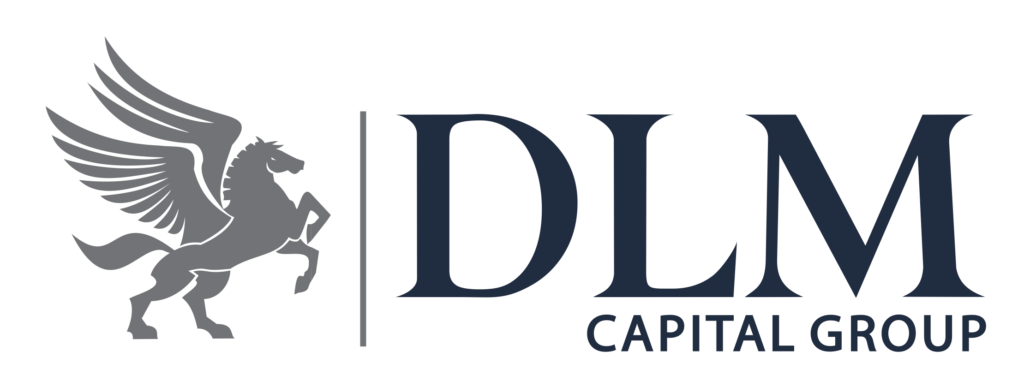Introduction to Business Travel
Foreign Currency Exchange: Travel for work is an essential component of many Nigerian professionals’ life. Whether you’re closing a business in Johannesburg or attending a conference in Dubai, navigating several currencies is unavoidable. However, currency trading may be stressful. Did you know that shifting currency rates may increase your vacation expenditure by up to 15%? When you’re trying to keep business spending under control, that’s a considerable sum. This tutorial seeks to explain currency exchange for Nigerian business travellers. We’ll provide you helpful advice and tactics for managing your trip money successfully, so you can stay focused on your business goals while overseas.
Understanding Foreign Exchange Rates
What are Foreign Exchange Rates?
Foreign exchange rates determine what one currency is worth in relation to another. For example, how many Nigerian Naira do you need to buy one US dollar? These rates are dynamic and change regularly owing to a variety of economic and political influences.
Economic indices such as inflation, interest rates, and Nigeria’s GDP growth all have a substantial impact on currency rates. For example, if Nigeria’s inflation rate rises, the Naira’s buying power falls, resulting in a lower exchange rate against foreign currencies. Political events such as elections, governmental changes, or instability may all affect investor confidence, leading the Naira to fluctuate.
Assume you’re arranging a business trip to the UK and the currency rate is ₦500 to £1. If political upheaval leads the Naira to drop to ₦550 per £1, your vacation will become more expensive. A budget of £2,000 would require an additional ₦100,000 to cater for. Understanding these changes is critical for properly budgeting your vacation.

Choosing the Right Currency Exchange Method
Traditional Currency Exchange Options
Airports:
Exchanging currency at airports is convenient, especially if you’re short on time. However, this convenience comes at a cost. Airport exchange kiosks often offer less favorable rates and higher fees. For example, the rate at Murtala Muhammed International Airport might be significantly higher than at a bank in Lagos.
Banks:
Nigerian banks provide secure currency exchange services. They usually offer better rates than airports but may require you to have an account with them. The downside is that banks may have limited foreign currency availability and shorter operating hours, which might not suit last-minute needs.
Hotels:
Some upscale hotels offer currency exchange services. While convenient, they often provide poor exchange rates and may charge additional fees. This option is best avoided unless you have no other choice.
Online Currency Exchange Services
The digital age has introduced online platforms that offer competitive rates and lower fees. Services like DLM FX (Viewpoint BDC) allow our customers to exchange currency from the comfort of their home or offices.
Benefits:
- Better Rates: Online platforms often have lower overhead costs, allowing them to offer more competitive rates.
- Convenience: Exchange currency at any time without visiting a physical location.
- Transparency: Fees and rates are usually clearly stated, helping you avoid hidden charges.
Comparison Factors:
- Fees: Some platforms charge a flat fee, while others take a percentage of the transaction.
- Exchange Rates: Even a slight difference can have a significant impact on large sums.
- Processing Time: Ensure the platform can process your exchange within your required timeframe.
Prepaid Travel Cards
Prepaid travel cards are becoming increasingly popular among Nigerian business travelers. Banks like GTBank and Zenith Bank offer these cards, which you can load with foreign currency before your trip.
Advantages:
- Fixed Exchange Rate: Lock in your rate when you load the card, protecting you from future fluctuations.
- Security: If lost or stolen, the card can be blocked and replaced, minimizing financial loss.
- Budgeting: Helps you control spending by limiting you to the loaded amount.
Disadvantages:
- Fees: May include issuance fees, ATM withdrawal fees, and inactivity fees.
- Acceptance: Not all merchants may accept prepaid cards, especially in less developed regions.
Tips for Choosing the Best Prepaid Card:
- Check Fee Structures: Compare fees across different banks.
- Currency Options: Ensure the card supports the currencies of your destination countries.
- Reload Options: Choose a card that allows easy reloading, preferably online.
Avoiding Hidden Fees and Charges
Common Currency Exchange Fees
Understanding the various fees associated with currency exchange can save you a substantial amount of money.
- Transaction Fees: A flat fee charged per transaction, regardless of the amount.
- Conversion Fees: A percentage of the total amount you’re exchanging.
- ATM Withdrawal Fees: Charged when withdrawing cash abroad using your Nigerian debit card.
- Inactivity Fees: Applied to prepaid cards if not used within a certain period.
These fees can add up, diminishing your travel budget without you realizing it.
Tips for Minimizing Fees
- Compare Providers: Use online tools to compare rates and fees from different providers.
- Avoid Airport and Hotel Exchanges: These locations often have higher fees and poorer rates.
- Use Partner ATMs: Some Nigerian banks have international partnerships that allow fee-free withdrawals.
- Plan Ahead: Exchange currency before your trip when you can shop around for the best rates.
- Read the Fine Print: Always check the terms and conditions to uncover any hidden fees.
By being proactive, you can significantly reduce the amount you lose to unnecessary charges.
Currency Exchange Strategies for Business Travelers
Planning Ahead for Currency Exchange
Effective planning is the cornerstone of hassle-free currency exchange.
- Research Rates: Monitor exchange rates weeks before your trip. Apps like XE Currency can provide real-time updates.
- Set a Budget: Estimate your expenses, including accommodations, meals, transportation, and incidentals.
- Diversify Your Funds: Carry a mix of cash and cards to ensure you’re covered in all situations.
- Notify Your Bank: Inform your bank of your travel plans to avoid having your card blocked for suspicious activity.
By allocating time to plan, you can avoid last-minute stress and potential financial pitfalls.
Managing Currency Risk
Currency risk refers to the potential for your home currency to weaken against the currency of your destination, increasing your costs.
Strategies to Mitigate Currency Risk:
- Forward Contracts: Lock in a favorable exchange rate ahead of your trip through your bank or a forex broker.
- Multi-Currency Accounts: Some Nigerian banks offer accounts that hold multiple currencies, allowing you to exchange when rates are favorable.
- Use Hedging Tools: Financial instruments like options and futures can hedge against currency risk, though these are more suitable for large transactions.
Understanding and managing currency risk can protect your business interests and keep your trip within budget.
FAQ
Q: What is the best time to exchange currency?
A: It’s advisable to exchange currency a few days before your trip to secure better rates and avoid the high fees often charged at airports. Monitoring exchange rates over time can help you identify the most favourable moment.
Q: How can I find the best exchange rate?
A: Use online currency converters and compare rates from multiple providers, including banks and online platforms. Don’t forget to consider transaction fees and convenience.
Q: Is it safe to use a prepaid travel card for foreign currency?
A: Yes, prepaid travel cards are generally safe and offer added security features. Choose a reputable provider, keep your PIN confidential, and report any suspicious activity immediately.
Q: What should I do if my currency is stolen?
A: Contact your bank or card issuer immediately to block the card and prevent unauthorised transactions. Report the theft to local authorities and your country’s embassy or consulate.
Q: How can I avoid currency exchange fees?
A: Plan ahead by comparing providers to find those with low or no fees. Use your bank’s partner ATMs abroad, and consider carrying a prepaid travel card with favorable terms.
Conclusion to Business Travel
Mastering currency exchange is a crucial part of business travel, especially for Nigerian professionals who frequently work across borders. With the right strategies, you can save significantly on exchange fees, avoid currency risks, and stretch your travel budget further. Consider this: research shows that travelers who exchange currency at airports pay up to 7% more in fees compared to those who plan ahead and use online services. Furthermore, a survey by the World Bank revealed that international travelers lose an average of 4-5% of their money to poor exchange rates and hidden fees, which can translate to thousands of Naira over multiple trips.
By understanding exchange rates, using digital tools, and preparing before you travel, you can avoid unnecessary costs. For example, choosing a prepaid travel card could save up to 10-15% in currency conversion fees compared to traditional bank exchanges. In a world where every Naira counts, especially in volatile currency environments, taking control of your foreign exchange strategy can provide peace of mind and allow you to focus on the business at hand. With these expert tips, you can ensure your next business trip is not only successful but also financially savvy.




